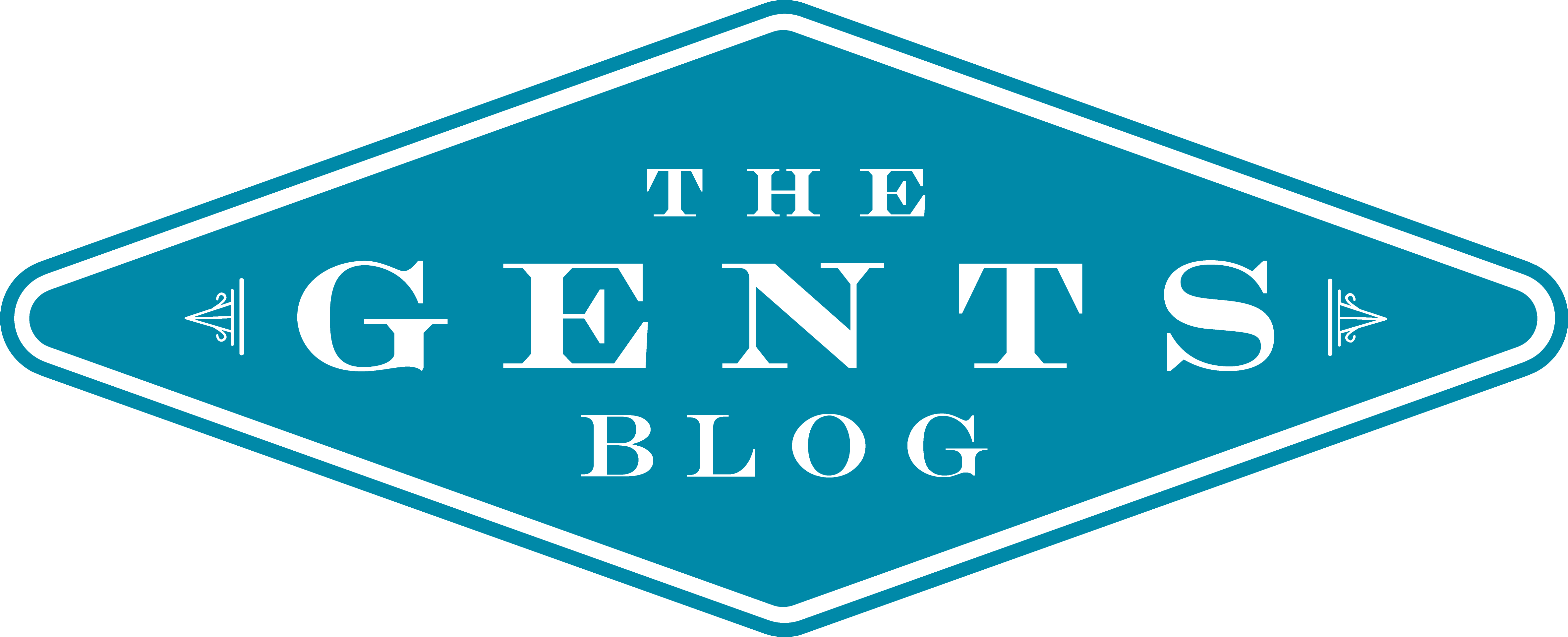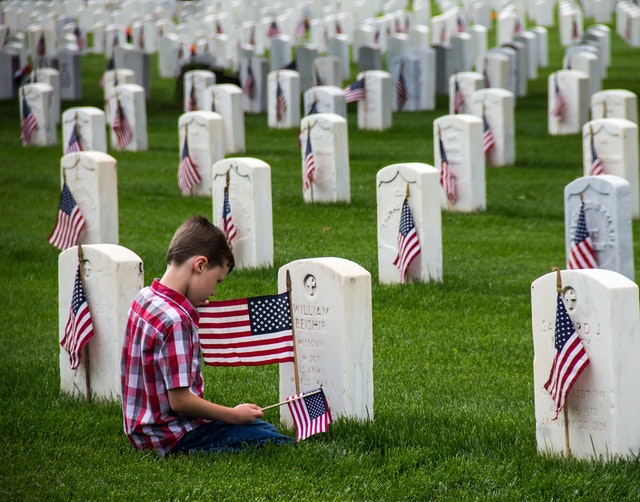Memorial Day, originally called Decoration Day, began in the wake of the War Between the States. As with the War, which had many reasons for its origin, so too Decoration Day was the result of soldiers and civilians, Northerners and Southerners, men and women, all desiring to honor the hundreds of thousands that had died for a cause they believed in. Today, Memorial Day is a part of the unofficial start of summer, filled with barbecues and sales at retail outlets. While it is good to celebrate the lifestyle we have, especially as we seem to be exiting the lockdown part of the recent pandemic, it’s also good to know our past, and in this article we’ll take a look at the history of Memorial Day.
Flowers for the Dead
In 1865 some freed slaves in Charleston held a parade to commemorate the dead and also took the opportunity to rebury some of the those who had died as prisoners of war. While this did not become an annual event, it is seen today as one of the earliest examples of commemorating the dead of this war. In the spring of 1866, some women in Columbus, Mississippi went to decorate the graves of the fallen Confederate troops at Shiloh. They noticed that the graves of the Union soldiers were very neglected, so they took the opportunity to put some flowers on their graves as well. That same year, in the north, some local businessmen in Waterloo, New York, decided to have a community-wide event and on Saturday, May 5, they closed businesses so that residents could decorate graves with flowers and flags, to honor the dead.
As the Waterloo event became annual and news of it spread throughout the North, momentum built for a national commemoration, and in 1868 Major General John A. Logan declared a “Decoration Day” on May 30th. May 5th happened to fall on the same day as the Battle of the Wilderness, and as head of a fraternal organization of Union soldiers, the Grand Army of the Republic, Gen. Logan wanted to make a day that would commemorate all soldiers, unconnected with any particular battle. 1868 was a little too soon for a national commemoration, as feelings still ran high on both sides of Mason-Dixon, but by 1889 it did become a national holiday. Yet there were still Confederate memorial days that were separate: Mississippi’s is the last Monday of April, Tennessee observes June 3 (also Jefferson Davis’ birthday) as Confederate Decoration Day, and Texas marks January 19th as Confederate Heroes Day.
World War I and the Three Day Weekend
After WWI, Decoration Day was designated to include the dead from that war as well, and as time passed, it became known as Memorial Day. World War I spawned its own holiday, Armistice Day, what we know today as Veterans Day. However these holidays are not just generically “for veterans.” Memorial Day commemorates the nearly 1 million men and women who have died in battle since the American Revolution, whereas Veterans Day is a commemoration for all who have ever served, including those who did not die in battle. Veterans Day, far removed from the sunny end of May, when there are many flowers blooming to be placed on graves, seems to have been preserved as a day for solemn ceremonies and serious and attentive crowds, whereas Memorial Day today has been obscured, especially since 1971, when Congress passed a law creating a three-day weekend for federal employees, which was then followed by many firms in the private sector. As a three-day weekend the holiday became less about honoring the fallen dead and more about enjoying summer, which often seems right around the corner this time of year.
We are not at a time in history in which it is likely that we can restore the more sombre and respectful attitude that Memorial Day might demand of us, but there’s nothing to stop us as Gents from keeping the memory of those who died so that we might, among many other things, enjoy that three day weekend. We can still visit cemeteries and decorate the graves of those lonely fallen who may have no one else to visit them. As Pericles said thousands of years ago, in commemorating the dead of the Pelopponesian War: “Not only are they commemorated by columns and inscriptions, but there dwells also an unwritten memorial of them, graven not on stone but in the hearts of men.” If we take the time to do small acts such as decorating the graves of the fallen next weekend, the easy leisure of Memorial Day will feel even more powerful and poignant each year.
Do you have any family traditions for Memorial Day weekend? Share them with us in the comments below.



